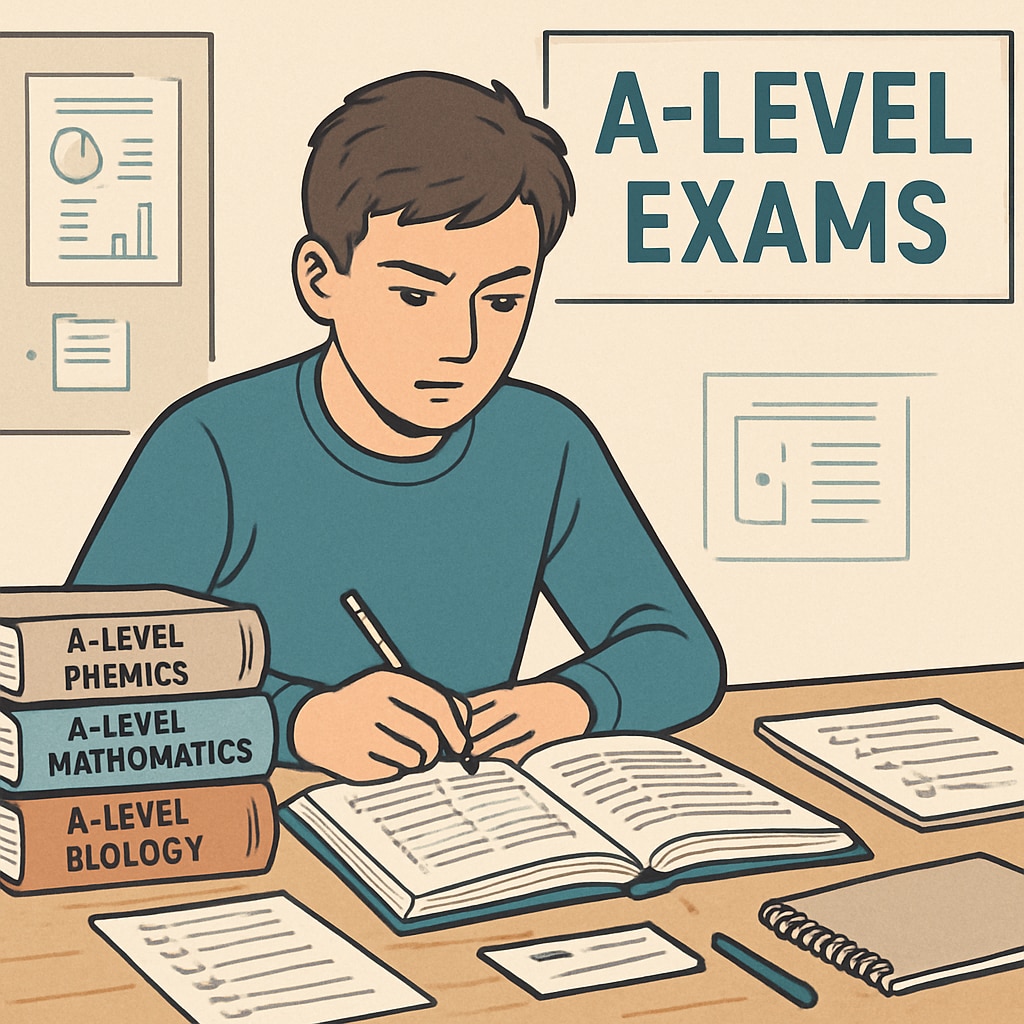For many students, A-level exams represent a critical milestone in their educational journey. However, when results fall short of expectations, both students and parents often face uncertainty. Questions about next steps can feel overwhelming: Should the student retake exams, pursue a foundation year, or consider alternative educational paths entirely? In this article, we explore three viable options after A-level setbacks and provide a structured framework to help families make the best decision based on individual needs.
Option 1: Retaking A-level Exams
Retaking A-level exams is a common choice for students who believe they can improve their grades with additional preparation. This option is ideal for students who have specific university courses in mind that require higher grades than they initially achieved. Retaking gives students the opportunity to address weak areas, develop better study habits, and demonstrate resilience on their university applications.
However, retaking exams comes with challenges. It requires a strong commitment to a year of focused study, often without the structured support of a school environment. Students and parents should carefully assess whether the student is motivated and equipped to handle the pressure of retaking exams.

Option 2: Pursuing a Foundation Year
A foundation year, often offered by universities, is another excellent route for students who didn’t meet the direct entry requirements for their desired course. These programs are designed to bridge the gap between current qualifications and the academic demands of a degree program. Foundation years provide focused academic support, subject-specific modules, and a gradual transition into higher education.
For students who are eager to move forward without retaking A-level exams, this option can be particularly appealing. Additionally, successful completion of a foundation year often guarantees progression to a degree program at the same university.
However, families should research foundation year programs carefully, as they vary in cost, academic rigor, and outcomes. Consulting university admissions teams can provide valuable insights into whether this path aligns with the student’s long-term goals.

Option 3: Exploring Alternative Qualifications and Pathways
Not all students thrive in traditional academic settings, and A-level setbacks can sometimes be an opportunity to explore alternative qualifications. Options such as vocational training, apprenticeships, or professional certifications offer practical, career-oriented pathways. These programs emphasize hands-on experience and can lead to rewarding careers in fields such as technology, healthcare, and the arts.
For example, apprenticeships combine work experience with structured learning, allowing students to earn while they learn. Similarly, professional certifications in areas like IT, finance, or marketing can open doors to specialized roles without the need for a traditional university degree.
While these pathways may not align with every student’s aspirations, they provide a valuable alternative for those seeking a more practical approach to education and career development.
How to Choose the Right Path
Deciding on the best course of action requires careful consideration of the student’s strengths, interests, and long-term goals. Here’s a simple decision-making framework to guide the process:
- Assess Academic Interests and Goals: Identify the student’s preferred subjects and career aspirations. Does their desired career path require a university degree, or are there alternative qualifications that align with their interests?
- Evaluate Readiness and Motivation: Consider whether the student is prepared to retake exams, commit to a foundation year, or pursue alternative qualifications. Motivation and mindset are key factors for success.
- Research Options Thoroughly: Explore the requirements, costs, and outcomes of each pathway. Speak with educators, career counselors, and university admissions advisors for tailored advice.
- Plan for the Future: Ensure that the chosen path aligns with long-term goals and provides room for growth and development.
By following this framework, families can navigate the post-A-level decision-making process with greater confidence and clarity.
Final Thoughts
An underwhelming performance in A-level exams is not the end of the road. On the contrary, it can serve as a valuable opportunity for growth and self-discovery. Whether through retaking exams, pursuing a foundation year, or exploring alternative qualifications, students have multiple pathways to success. The key is to make an informed decision based on individual needs and aspirations.
By embracing these challenges with resilience and an open mind, students can turn setbacks into stepping stones for a brighter future.
External Resources:
Readability guidance: Short paragraphs, clear headings, and a mix of lists and text ensure easy reading. Transition words help connect ideas, while concise language keeps the content engaging.


